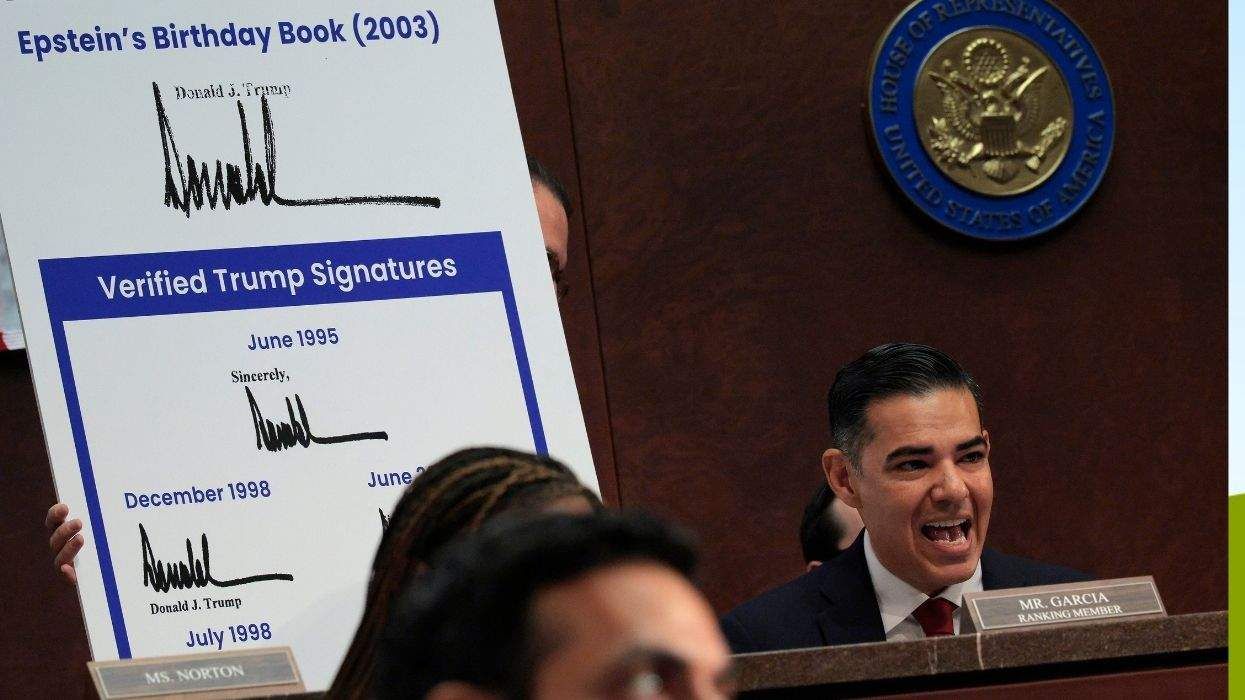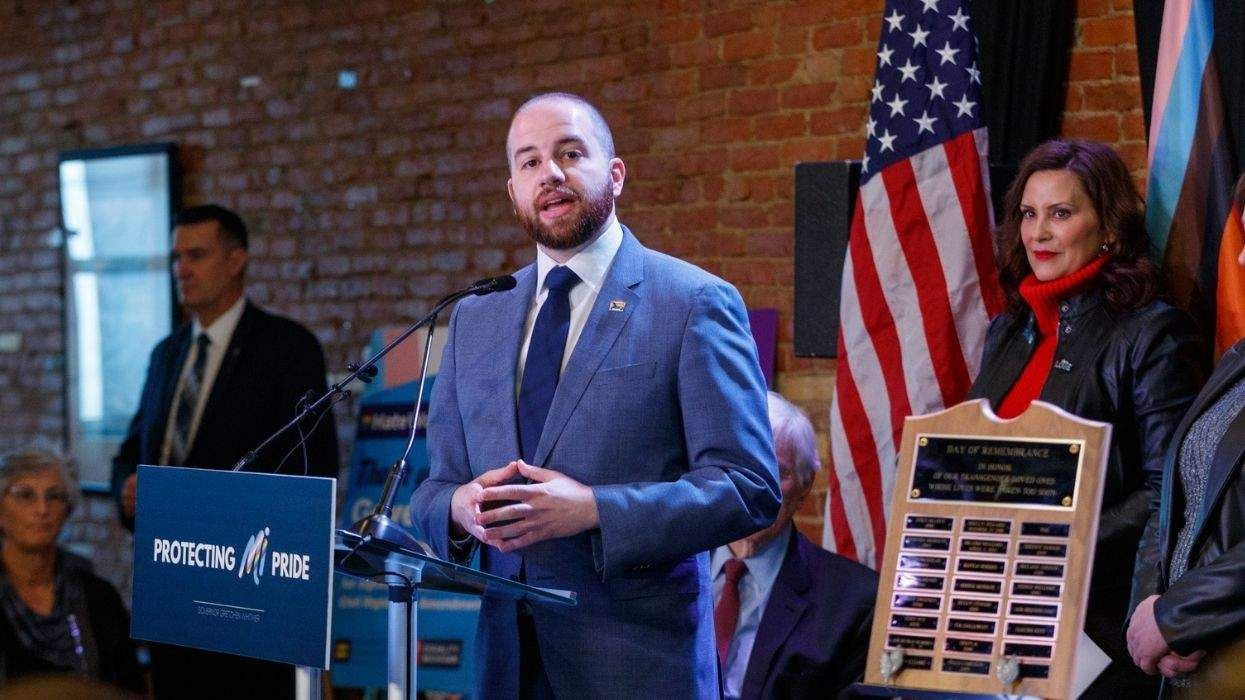Last week saw a flurry of amicus briefs submitted to the U.S. Supreme Court in the pending marriage equality cases, originating from various law firms, politicians, civil rights groups, faith groups, businesses, and more. But the National Organization for Marriage's brief might be the strangest.
Judging by the arguments in NOM's brief, one might think the organization is unfamiliar with the way the arguments are structured for the April 28 Supreme Court hearing. While the consolidated cases originated from four states, the high court will only be considering two questions -- whether the Constitution requires states to issue marriage licenses to same-sex couples, and whether it requires states to recognize licenses issued to those couples by other states. NOM's brief barely acknowledges either query.
Instead, NOM presents an argument that is irrelevant and untrue. "Recent national surveys show that the American people remain closely divided over same sex marriage," the organization writes.
But that's just flat-out false: The most recent surveys from The Wall Street Journal, CNN, Rand, and The New York Times show the percentage supporting marriage equality in the upper 50s or lower 60s nationwide. Opposition is generally in the 30 percent range and hasn't polled above 50 percent in a major national survey at any time in the last five years.
Naturally, NOM has an explanation for this: flawed surveys. In other words, NOM is hoping the Supreme Court believes that nobody's been able to conduct a proper opinion poll since 2010.
The only surveys that NOM says are accurate are the select few that recently showed a majority opposes the freedom to marry -- but that's not particularly surprising, given that NOM paid for those surveys.
And even if NOM's claims about polling were true, it doesn't matter. The Supreme Court's questions in the marriage cases aren't about public opinion; they're about the Constitution.
Then again, it's not totally unexpected that NOM fumbled its Supreme Court brief -- no major law firms were willing to take the anti-equality side in amicus briefs.
Get up to speed on the state of our unions below:


































































Charlie Kirk DID say stoning gay people was the 'perfect law' — and these other heinous quotes